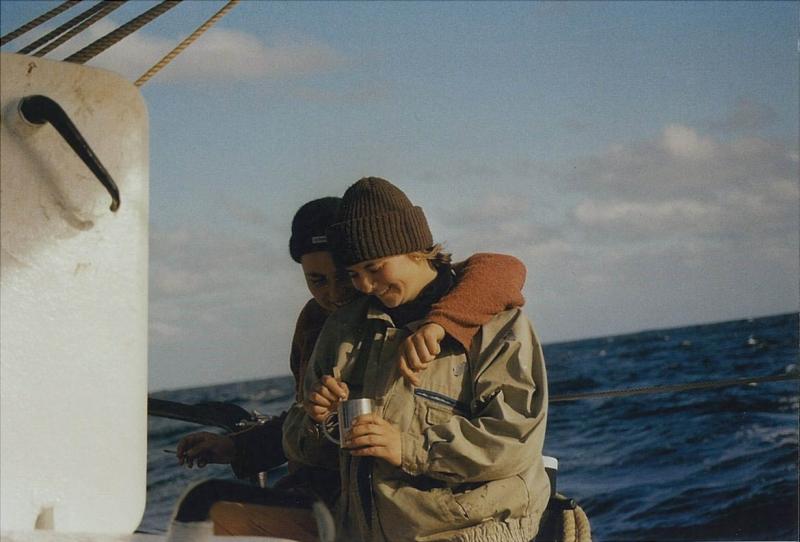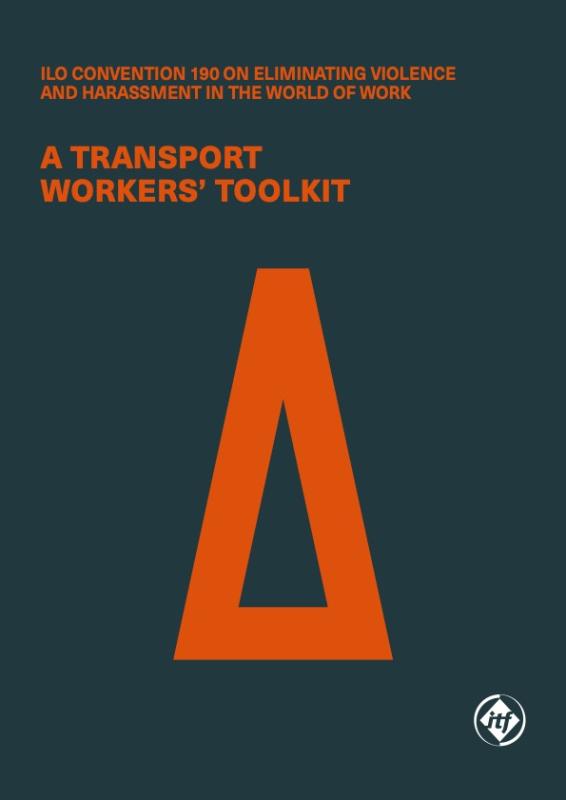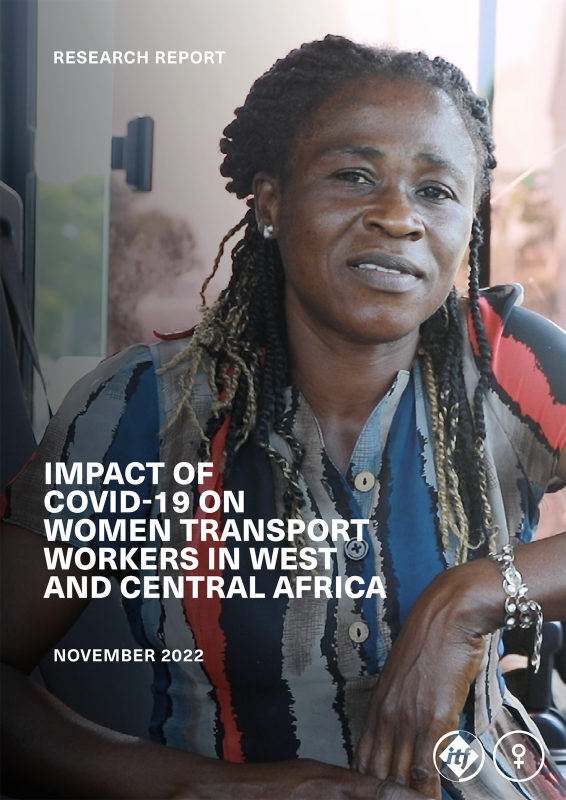The transport industry has historically meant male-dominated workplaces, and as we work towards making transport a safe, welcoming and equal industry for all genders, we recognise that there are existing unequal gender norms, cultural barriers and set gender roles that are often discriminatory, which leads to resistance within the sector towards women occupying space - often resulting in violence and harassment towards them.
Women are more likely to be in jobs that are lower paid and more precariousu which further exposes them to the risk of exploitation, violence, and harassment.
The risk of violence and harassment is not limited to women transport workers; however, they are disproportionately affected. Violence against transport workers is one of the key deterrents to women looking to join the industry, and which breaks the retention of those who are employed in the transport sector.
The ITF is committed to actively advance the achievements of transport unions at the forefront of the global struggle to break the silence and expose the impact that gender-based violence has on individual survivors, on the industry, on women’s access to decent work, and to engage women and men in the solutions.
This includes - Global women's advocate programme, Work to expose the impact that domestic violence has on workers and workplaces, Campaigning for ratification and implementation of ILO Convention 190.
C190
The International Labour Organization’s Convention 190 (C190) is an historic convention which recognises the impact of violence and harassment at work and on gender equality.
The convention defines what violence and harassment - including gender-based – means, and recognises they are not two separate issues.
C190 identifies the right of everyone to a world of work free from violence and harassment and covers all workers regardless of their contractual status, including interns, volunteers and job seekers along with employees. It applies to all sectors, whether private or public, the formal and informal economy.
It also expands the scope of the workplace. It includes the physical workplace, but it also covers online spaces, travel to and from work, places where workers eat, rest, or attend to health and sanitation needs, public spaces, and social gatherings.
And C190 requires action to mitigate the impact of domestic violence at work.
The ITF campaign on C190
With this convention ITF is committed to:
- bring a paradigm shift on how the industry and our labour movement recognises and addresses the issue of discrimination, privilege, and gender-based oppression
- work for a transport ‘world of work’ that is safe, respectful, and equal for all workers
- dismantle the barrier of gender-based violence which supports the recruitment and retention of more women in the transport industry.
C190 provides clear actions for employers, governments and unions towards making the world of work free from violence.
That is why our campaign is based on three pillars:
- Education and awareness to change the perceptions, break the myths, stigma and shame on the issue of violence; utilising global action days like 25 November to spread awareness, empower unions and organise workers on the issue;
- Lobbying governments and trade unions on ratification and implementation, including reporting to the ILO on implementation of the convention once in force;
- Negotiating C190 in collective bargaining agreements regardless of ratification status.
We also continue to work with the ITUC and other global unions as part of the global C190 campaign.
Which countries have ratified C190?
The ILO website lists which countries have ratified C190.

The ITF has developed different materials to support work on C190:
- ITF C190 toolkit for transport workers – which includes a set of briefings on the issues and key language in C190 for transport workers and a separate briefing on identifying targets and allies to strengthen union campaigns.
- ITF C190 campaign YouTube playlist
- ITF study on the Covid-19 pandemic and impacts on women transport workers in West and Central Africa
- Joint Global Unions’ toolkit on C190
For more information about the ITF campaign on C190 and to update us on your activities, please contact: women@itf.org.uk



